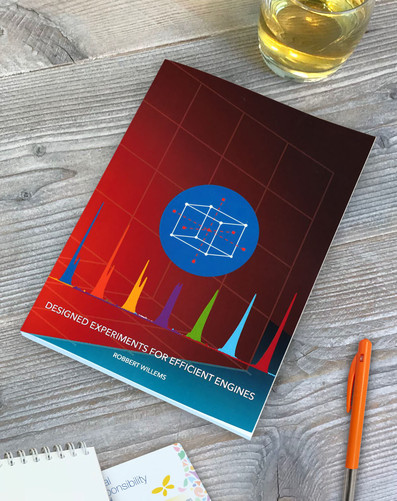
Carbon dioxide (CO2) regulations on heavy-duty vehicles are introduced in essentially all markets within the next decade. The resulting drive for highly efficient engines has moved research towards new combustion concepts. A promising concept is reactivity controlled compression ignition (RCCI), which utilizes two fuels of different reactivities to control the combustion process. RCCI holds great promise for high thermal efficiency and emitting very low levels of nitrogen oxides (NOx) and soot. Moreover, RCCI has a fuel flexible character, which offers the possibility to employ low carbon fuels for further CO2 reduction. However, conventional diesel combustion (CDC) has maintained a firm position in the heavy-duty market and is still incrementally improved. The future of heavy-duty diesel engines is thus far from clearly set out. The goal of the work described in this dissertation is to experimentally chart, understand and compare the capabilities of both combustion regimes to maximize the gross indicated efficiency (GIE) within legislative limits of emissions and mechanical constraints. The experiments are performed at load-speed points that correspond to highway cruising and using practical fuels, i.e., fuels that are compatible with current engine hardware and have an existing infrastructure.
Download Thesis